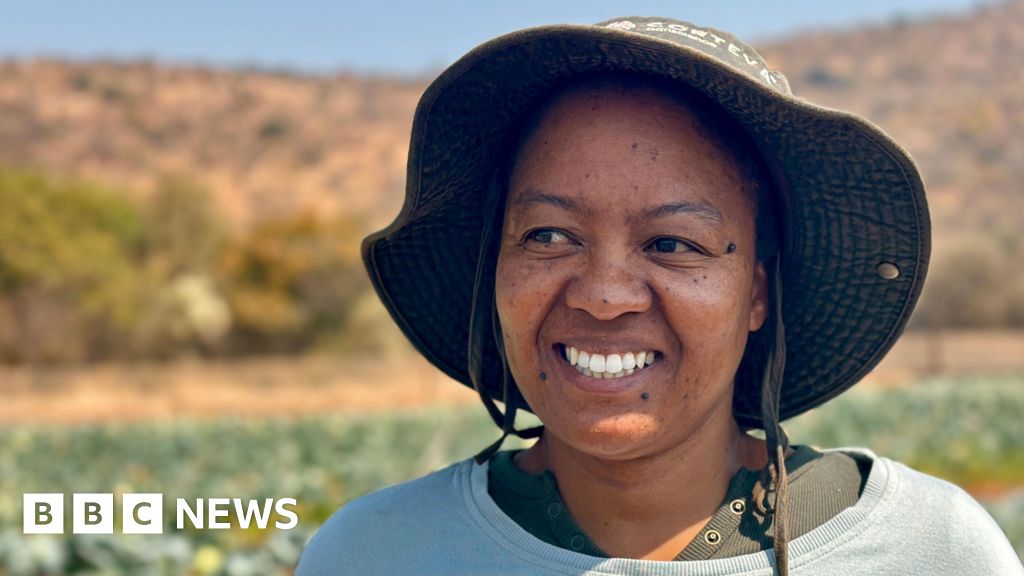Lost in translation – How Africa is trying to close the AI language gap
Lost in translation – How Africa is trying to close the AI language gap

A new dataset with African languages should improve access to AI for millions on the continent.
Read the full article on BBC World
Truth Analysis
Analysis Summary:
The article appears mostly accurate, highlighting the efforts to bridge the AI language gap in Africa. The bias is minimal, presenting a generally positive view of AI's potential in the region, but could benefit from a more critical perspective. Most claims are plausible and align with the general understanding of the challenges and opportunities in African language AI development.
Detailed Analysis:
- Claim: A new dataset with African languages should improve access to AI for millions on the continent.
- Assessment: Unverified. While plausible, the article doesn't provide specific details or sources to confirm the direct impact on 'millions'. Source 4 mentions Google's expansion to support African languages, which aligns with the general idea.
- Claim: The article implies there is a language gap in AI for African languages.
- Verification Source #2: Source 2 discusses the language gap in NLP and the challenges of non-English content analysis.
- Verification Source #3: Source 3 mentions the disappearance of many Middle Eastern and African languages and how technology is helping to keep them alive, implying a gap.
- Verification Source #4: Source 4 explicitly mentions the 'communication gap' and the need for better support for African language speakers.
- Assessment: Supported. Multiple sources confirm the existence of a language gap in AI and digital support for African languages.
Supporting Evidence/Contradictions:
- Source 4: 'Lost in Translation: The digital struggles of African languages...Google said the expansion aims to bridge the communication gap and provide better support for African language speakers.'
